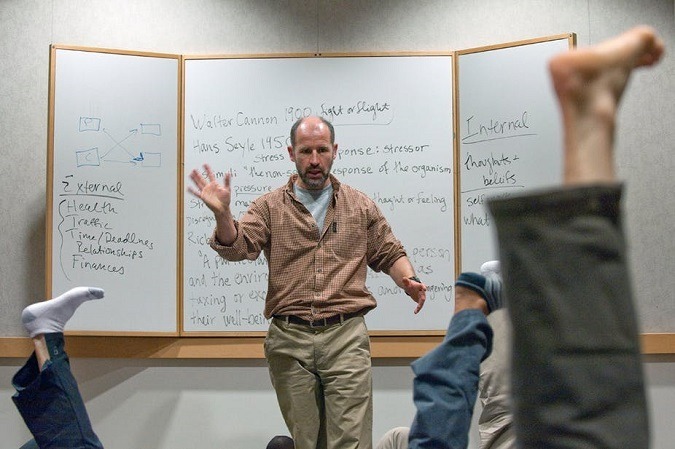Posts Tagged ‘cancer-treatment’
Blue Note Therapeutics raises $26M to help treat cancer-related distress via cognitive behavioral stress management (CBSM)
Blue Note Therapeutics Raises $26.25 Million in Series A Financing (press release): Blue Note Therapeutics, Inc., today announced the closing of a Series A financing round of $26.25 million. Proceeds will allow the company to scale the organization and fund near-term clinical trials of its lead prescription digital therapeutic (PDT), which will potentially improve the…
Read MoreGrowing research aims at helping cancer patients in distress access most-likely-to-help self-care options, from Mindfulness training to Web-based cognitive behavioral therapy (CBT)
___ Mindfulness in cancer treatment: time to stop and think (The Conversation): “Breathe deeply and focus on the moment: mindfulness now appears everywhere as a technique to improve well-being, including in health care. Mindfulness training is often suggested for cancer patients to reduce high levels of anxiety and distress associated with diagnosis, treatment and anticipation…
Read MoreNext: Tools to detect and treat “chemo brain” symptoms common in around 35% of breast cancer survivors
UCLA study reveals treatment for women with breast cancer suffering cognitive difficulties (HealthCanal): “UCLA researchers have developed a program that could improve the day-to-day lives of women with breast cancer by addressing post-treatment cognitive difficulties, sometimes known as “chemo brain,” which can affect up to 35 percent of women after their treatments
Read MoreWhy computerized neuropsychological tests will become routine — chemo brain example
Good article today in the NYT on “chemo brain” — some typical short-term and long-term cognitive consequences of chemotherapy. The Fog That Follows Chemotherapy (New York Times) This quote is critical — for chemo brain and also for a variety of clinical conditions that present associated cognitive impairments: “Controlling for brain function before cancer treatment begins…
Read More


